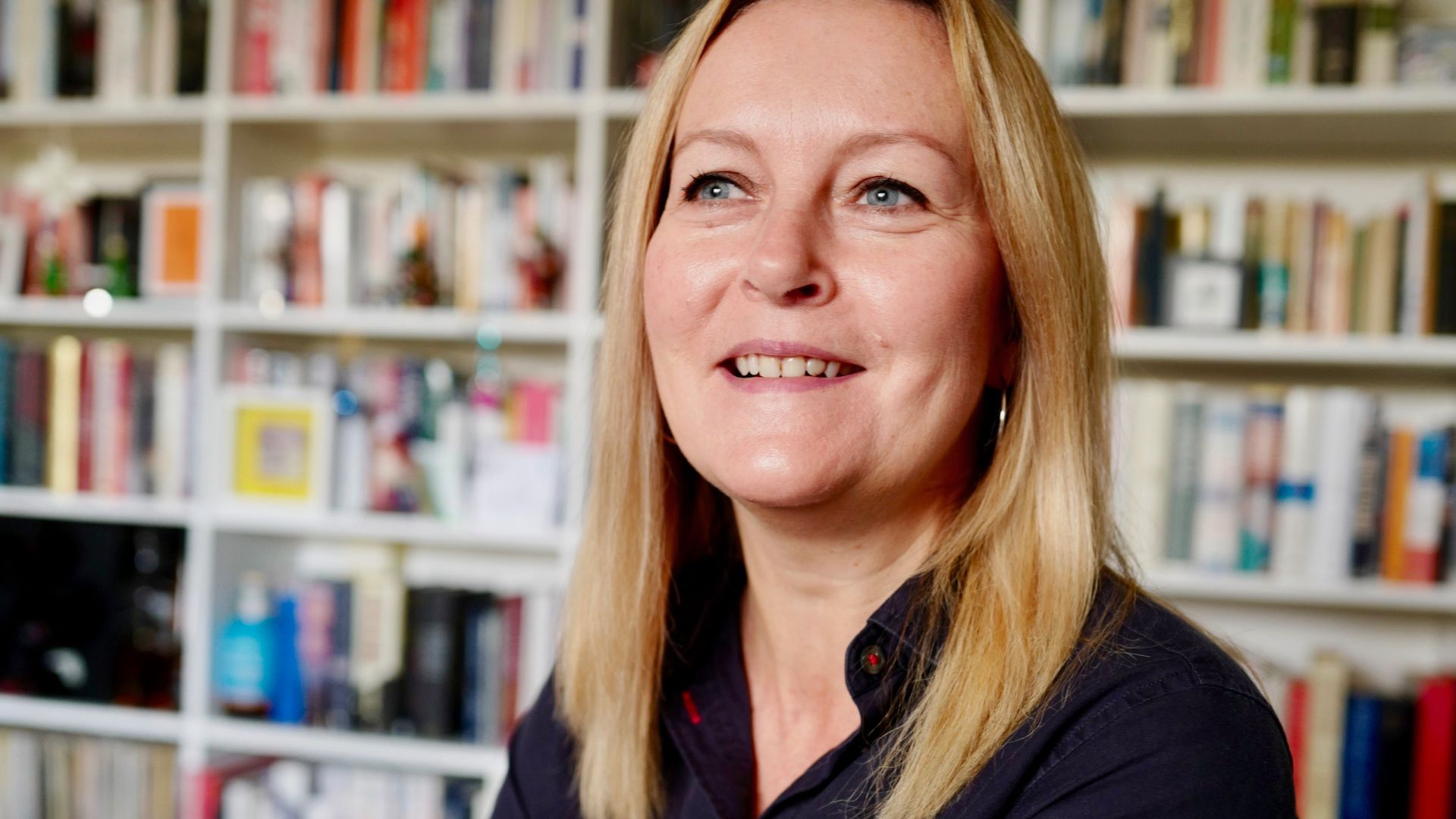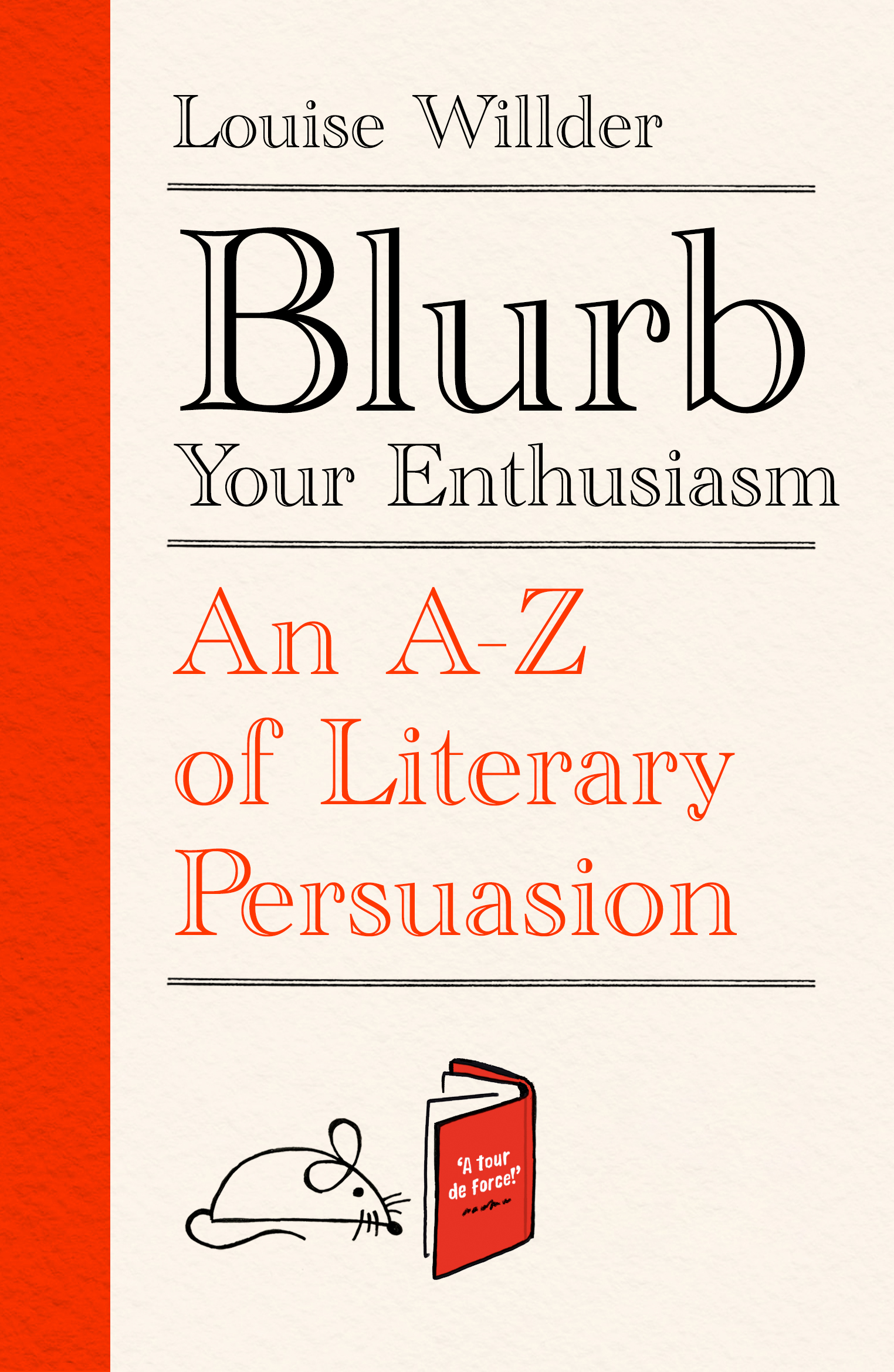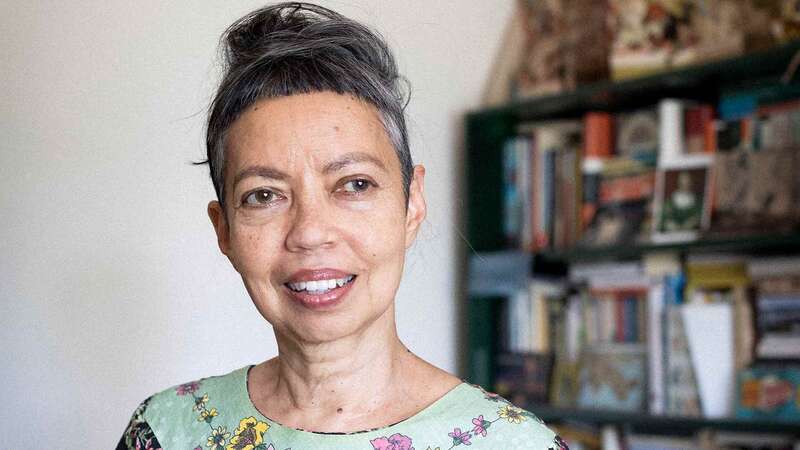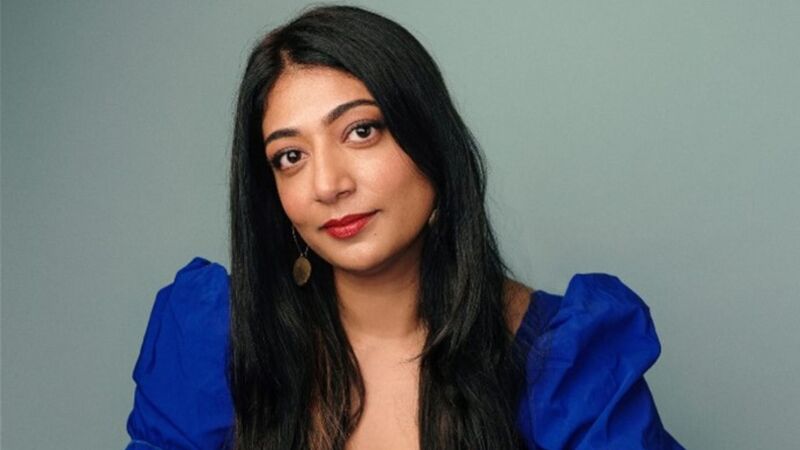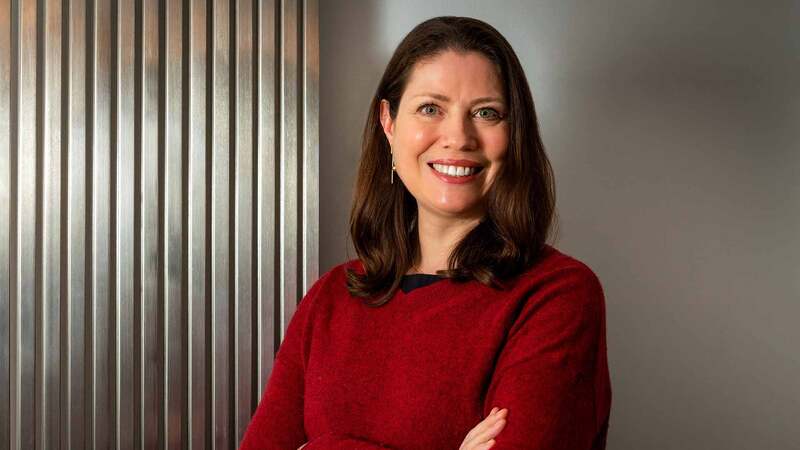You are viewing your 1 free article this month. Login to read more articles.
Louise Willder discusses the art of writing blurbs in her debut on literary persuasion
 Caroline Sanderson
Caroline SandersonCaroline Sanderson is a non-fiction writer, editor and books journalist. Her books include a travel narrative, A Rambling Fancy: in the F ...more
Many books feature a cover blurb but, as Louise Willder explains, some blurbs are better than others and there is an art to getting it right.

Caroline Sanderson is a non-fiction writer, editor and books journalist. Her books include a travel narrative, A Rambling Fancy: in the F ...more
"Nora Ephron said that ‘everything is copy’, to which I would add, ‘and copy is everything’.” So asserts Louise Willder in her gem of a début, Blurb Your Enthusiasm: An A–Z of Literary Persuasion. With chapter headings including “The Life-Changing Magic of a Title”, and “The Comforting Thrills of Genre Fiction”, it’s a gloriously entertaining and frequently hilarious celebration of those aspects of a book designed to entice us to part with our money and read on; from titles, first lines and review quotes, to adjectives, puns and the use of exclamation marks and ellipsis…
During her 25-year career as a copywriter at Penguin, Willder has composed more than 5,000 blurbs. When we meet in the central London offices of her publishers, Oneworld, she tells me that words and the effect they have on us, has been a fascination since childhood. “My younger sister and I spent quite a lot of time with older relatives, including our half-French great aunt who called us ‘choufleurs’ and swore juicily in French; and our Granny who taught us arcane terms like ‘widdershins’ and ‘toplofty’ (haughty). We also had access to highly unsuitable books such as Dracula and Salem’s Lot when we were far too young. I recall being asked to take our own books into school when I was eight and proudly presenting my rather shocked teacher with a copy of The Ballad of Reading Gaol. I can still remember a line in the poem which read ‘that little tent of blue’, describing a prisoner’s view of the sky, and thinking: how marvellous.”
I’m quite quiet in real life so I find it fun to shout through a piece of writing instead
Willder’s first job at Penguin was as a publicity assistant at Puffin in the mid-1980s. “I wasn’t very good at it for temperamental reasons. But I discovered I loved writing press releases and choosing the best words to get a journalist’s attention. I’m quite quiet in real life so I find it fun to shout through a piece of writing instead.” After a year or so, a job came up in the blurbs department which at that time was dedicated to writing blurbs across the whole of Penguin from fiction and non-fiction to classics and children’s books. Among her predecessors there was the now novelist, Elizabeth Buchan. “It was wonderful”, Willder recalls. Later when the company structure changed, Willder wrote more commercial copy for Michael Joseph, and is now part of the marketing department at Penguin Press writing copy for non-fiction and classics. While aspects of the job are now more focused on search and metadata, as copywriting manager, Willder’s “bread and butter” remains blurb-writing, and reviewing, cutting, and reshaping blurbs written by others. Collaborating closely with both editors and authors, her role also encompasses book titles, subtitles and straplines. “I don’t always have the final say, but I am fully part of the creative process.”
Willder had never entertained any idea of writing a book of her own until former Penguin editor Cecilia Stein, now senior commissioning editor at Oneworld suggested it. “A couple of months after the first lockdown started, she emailed me asking: might you want to write a book about words? I immediately wrote back and said, ‘no, of course I can’t do that. I can only write things that are really short’. But she encouraged me to give it a go, and suddenly all this stuff flowed out. I think my only regret was that because of lockdown, I couldn’t go round second-hand bookshops as I’d intended, and poke around and look at lots of terrible blurbs.”
With certain types of book, particularly genre fiction we know what people expect from a blurb. So we don’t have to reinvent the wheel every time
Happily, she has found plenty of historic blurbs—both terrible and terrific—to feature in Blurb Your Enthusiasm. Willder and I chortle together over her chapter entitled “Step Away From the Bonnet” which celebrates editions of Jane Austen novels past and present. Amid a plethora of wince-making Pride & Prejudice straplines, she nominates her “hands-down, cloth-eared” winner: Mom’s fishing for husbands –but the girls are hunting for love. “No, your neighbours haven’t got the builders in, it’s the sound of Jane Austen pirouetting in her grave,” is Willder’s pithy verdict.
I’m particularly keen to solicit her opinions on adjectives, given that publishers and reviewers so often use the same old razzle-dazzlers (see extract). I’m as guilty of employing them as the next hack, including the use of one of Willder’s bête noir descriptors: “readable” (“it’s a book”). Happily, she is the forgiving kind. “We’ve all absolutely been there because sometimes we’re just in a rush and we have a lot of books to get through. And sometimes I think clichés are okay. With certain types of book, particularly genre fiction we know what people expect from a blurb. So we don’t have to reinvent the wheel every time. But as a general rule, I’d advise either finding a better adjective, or thinking, do I need one at all?” Or as CS Lewis put it: “Don’t say it was ‘delightful’; make us say ‘delightful’ when we’ve read the description.”
Willder and I share a weakness for puns; and agree that the title of East Enders actress Pam St Clement’s autobiography—“The End of an Earring”—might never be improved on. And—spoiler alert—the sentence Willder dubs “probably the greatest line in the history of the written word” is this, from Lace by Shirley Conran: “Which one of you bitches is my mother?”
Discovering that Willder often goes on outings to bookshops with a colleague just to look at blurbs, I cannot resist pulling the hardback I am currently reading from my bag. It’s literary fiction—not Penguin published—by an author whose work I’ve long enjoyed and admired. Willder inspects the front flap blurb. “I think maybe six out of 10. They’ve tried to do something different, which is good. But it’s a bit woolly, and putting a question in the middle is a bit strange—I think you’d either start or finish with that.” At least the copy isn’t guilty of Willder’s top pet hate which is (continued on back flap). “When I see that, I always think, for god’s sake, do you really need that many words?” After all, as she points out in her book, The Catcher in the Rye has sold 65 million copies around the world without any cover copy apart from the author’s name and title.
Willder fully acknowledges that while blurb-writing can be characterised as “a mini-drama with a conflict and movement all of its own”, it is always “an entirely subjective process”. To demonstrate this, and “in a spirit of literary experimentation”, she commissioned six fellow copywriters to write a blurb for Blurb Your Enthusiasm, to the same brief. Their completely different creations appear in the book’s appendix and are followed by a baffling computer-generated blurb, written by what Willder dubs “a Deranged Piece of Software”. Part of it reads: “The strong, curious woman knows that her creative life is over. She acquires some brilliant words and is reborn as the hero who will save the world from boring blurbs.”
Unsurprisingly, the heroic Willder responds to the question as to whether human copywriters will be replaced anytime soon by artificially intelligent ones with: “it’s a firm no”. To write an effective blurb she believes, you have to “think about the reader and the effect that words will have on them”. She is fond of a definition coined by the late Italian writer and publisher, Roberto Calasso who wrote that a blurb is a “letter to a stranger”.
Extract
One of the great mysteries of life is why in publishing, an industry whose business is language, the words we employ to characterise books are so often the same. We overuse adjectives such as luminous, dazzling, incandescent, stunning, shimmering, sparkling, glittery—always the light references! Or there are what I like to call the “natural disaster adjectives”: devastating, searing, powerful, shattering, explosive, epic, electrifying. Closely followed by “I’ve got the flu”: dizzying, dark, chilling, staggering, aching(-ly) beautiful. A book is not a volcanic eruption or a virus.
“That’s such a lovely description because really a blurb is just one enthusiastic reader, trying to communicate
with another.”





